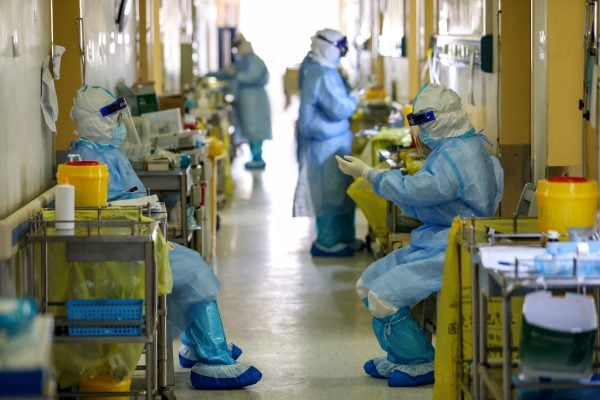
On February 6, a 61-year-old woman in South Korea was in a minor traffic accident in Daegu, the country’s fourth largest city.
The following day, she began experiencing headaches in what seemed to be caused by the car collision. So, she checked herself into the Saeronan Chinese Medicine Hospital.
The woman drove home to collect her belongings, before returning to the hospital where she would stay for a number of days. On February 9, the unidentified woman attended a service at the Shincheonji Church of Jesus in Daegu, with hundreds of other worshippers.
On her third day of being at the hospital, doctors discovered the woman had a fever, accompanied by other flu-like symptoms.
She took a flu test. It came back negative.

